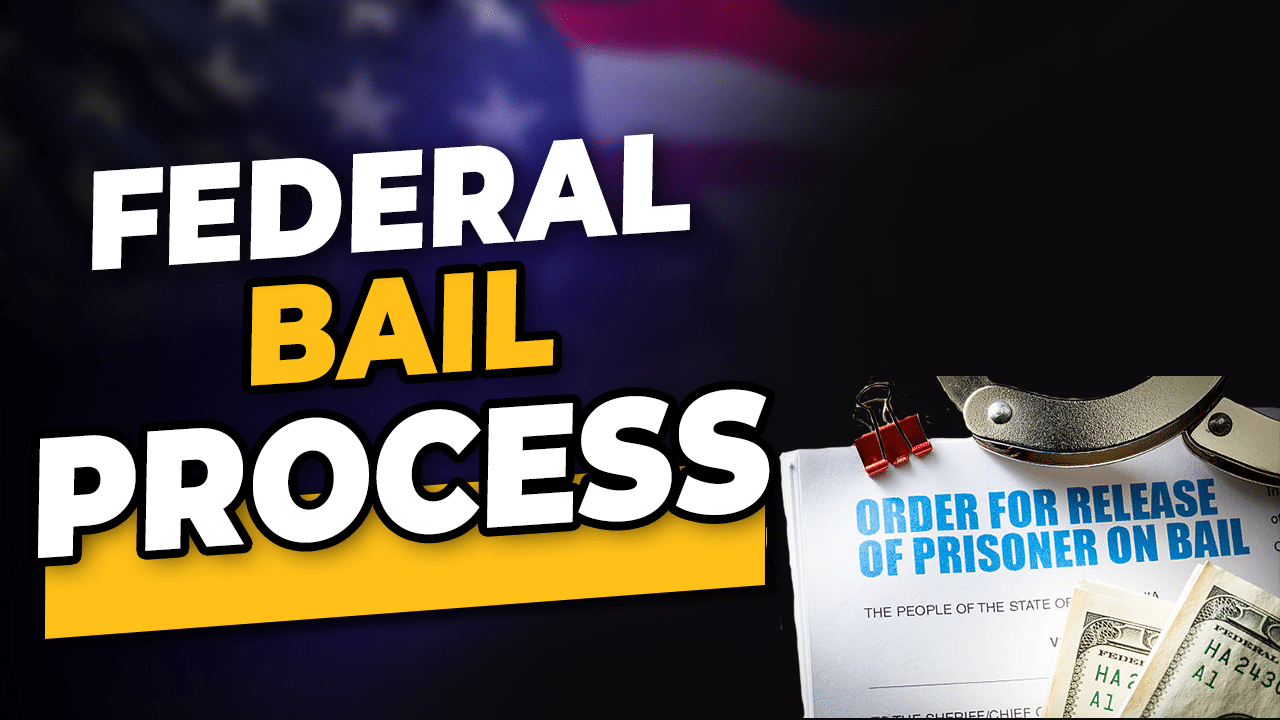Browsing the Legal Puzzle: Bail Bonds Explained for Beginners
Navigating the intricacies of the legal system can frequently seem like passing through a complicated puzzle, especially when it concerns recognizing Bail bonds. For beginners entering this unfamiliar terrain, comprehending the details of Bail bonds is important in making certain a smooth and educated process. From the basics of how Bail bonds function to the various kinds offered, each facet plays a vital role in helping with the release of individuals waiting for trial. As we dig much deeper right into this subject, clearness will certainly be dropped on the bail bond process, the associated prices, and beneficial ideas for properly engaging with Bail bondsmen.
Basics of Bail Bonds
Bail bonds offer as a financial warranty that an offender will certainly show up in court as needed. If the individual can not afford the complete Bail quantity set by the court, a bail bond representative can be enlisted to provide the required funds on their part.
Essentially, a bail bond is a contract in between the accused, the court, and the bail bond agent - bail bonds near dayton. The representative accepts pay the full Bail amount if the offender falls short to show up in court, for a non-refundable fee generally established at 10% of the total Bail. This cost works as the representative's earnings for taking on the threat of the defendant's non-appearance. By recognizing these basic principles of Bail bonds, individuals can make educated choices when confronted with legal obstacles that require economic aid for their launch.
Types of Bail Bonds
The most usual type is a cash money bond, where the accused or a family member pays the full Bail quantity in cash. An additional choice is a guaranty bond, where a bond bondsman pays the Bail on behalf of the accused for a fee, typically around 10% of the total Bail amount. Comprehending these different types of Bail bonds can aid people navigate the lawful procedure more efficiently.
Bail Bond Refine Clarified
The bail bond process includes a series of legal steps that promote the release of an offender from custodianship pending their court look. When a person is jailed, a judge establishes a bail amount based upon the intensity of the supposed crime and the chance of the accused showing up in court. They can seek the solutions of a bond bondsman if the defendant can not pay for the complete Bail quantity. The defendant or their loved ones pay the bondsman a non-refundable charge, generally a portion of the complete Bail quantity, to secure a bail bond. The bail bondsman after that publishes the complete Bail amount to the court, assuring bail bond company dayton ohio the offender's appearance in any way court procedures.

Recognizing Bail Bond Costs
Upon protecting a bail bond with a bail bondsman, people come across an essential element of the lawful process: the financial responsibilities linked to the bail bond. Bail bond expenses generally include a non-refundable cost, typically around 10% of the total Bail quantity set by the court.
In enhancement to the premium, collateral might be required to secure the bail bond. Security can be in the form of property, valuable possessions, or a co-signer who assures payment if the offender misses Bail. The collateral acts as a backup plan for the bail bondsman in situation the defendant absconds.
It's essential for people seeking Bail bonds to totally recognize the expenses involved and the regards to the contract prior to continuing. By being informed concerning bail bond expenses, people can browse the legal procedure a lot more properly and make knowledgeable decisions.
Tips for Collaborating With Bail Bondsmen

Furthermore, it's important to offer accurate info regarding the accused and their instance. This consists of information such as their complete name, day of birth, the place of their apprehension, and the charges they are facing. dayton bail bonds. Providing incomplete or wrong information can bring about hold-ups in the bail bond procedure

Final Thought
To conclude, understanding the fundamentals of Bail bonds, the different types readily available, the procedure entailed, and the expenses connected with them is essential for browsing the lawful system. By functioning with bondsman and complying with these ideas, people can ensure a smoother and much more efficient Bail procedure. When dealing with Bail bonds to prevent any unneeded difficulties or misunderstandings., it is essential to be informed and knowledgeable.
Basically, a bail bond is a contract between the offender, the court, and the bail bond representative. One more alternative is a surety bond, where a bail bondsman pays the Bail on behalf of the accused for a charge, typically around 10% of the overall Bail amount. The defendant or their liked ones pay the bondsman a non-refundable charge, generally a percent of the total Bail amount, to secure a bail bond.Upon safeguarding a bail bond via a bail bondsman, people come across an important facet of the legal procedure: the economic obligations linked to the bail bond. Bail bond expenses generally entail a non-refundable fee, generally around 10% of the overall Bail amount established by the court.